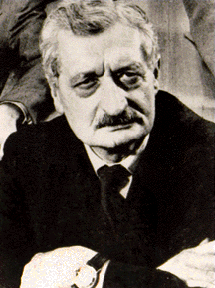Portrait of Hermann Oberth
NASA
Hermann Oberth
Hermann Oberth, born in Transylvania, Romania, was a physicist who lived between 1894-1989. He became convinced that space travel was possible at an early age, inspired by a Jules Verne science fiction novel.
Oberth studied rockets and wrote books on how they could be used to launch objects into space. He originated the idea of stages, which explained that once a rocket's fuel is used up it should be dropped as dead weight, so as not to slow down the spaceship.
Oberth's work led to the German rocket program which developed the rockets used to attack London in the second World War.
Last modified March 10, 2003 by Lisa Gardiner.
You might also be interested in:
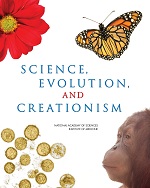
How did life evolve on Earth? The answer to this question can help us understand our past and prepare for our future. Although evolution provides credible and reliable answers, polls show that many people turn away from science, seeking other explanations with which they are more comfortable.
...more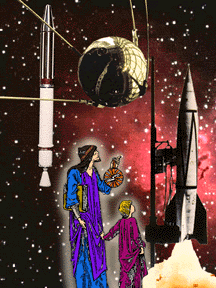
For as long as there have been people on Earth, we have looked up at the sky and wondered about the Sun, Moon, stars, and occasional dramatic events we saw there. But it is only in the past 40 years that
...more
Rockets create thrust by burning fuel within a confined space and expelling the exhaust gases through a small opening, pushing the rocket in the other direction. They are able to generate the high speeds
...more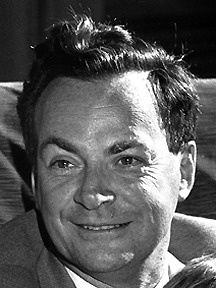
Richard Feynman was an American physicist who lived between 1918-1988. He contributed to many areas of physics, including atomic theory and quantum electrodynamics, which studies electron behavior. Following
...more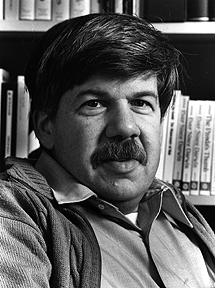
Stephen Jay Gould was an American paleontologist who was born in 1941. He revised Darwin's theory of evolution, introducing his own concept of punctuated equilibrium. This states that evolution is not
...more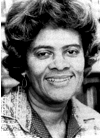
Evelyn Granville is an American mathematician who was born in 1924. She was one of the first black women in the United States to receive a Ph.D. in mathematics. She has made many contributions to NASA's
...more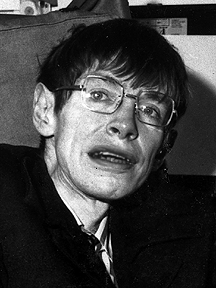
Stephen Hawking is an English
...more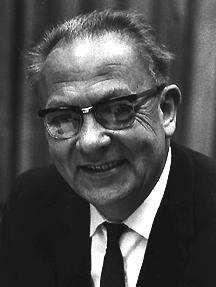
Gerard Kuiper was an American astronomer who lived between 1905-1973. He is considered the father of modern planetary science for his brilliant study of our solar system. Kuiper developed new techniques
...more
